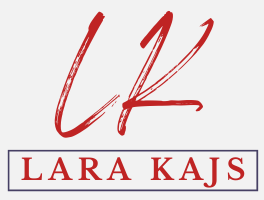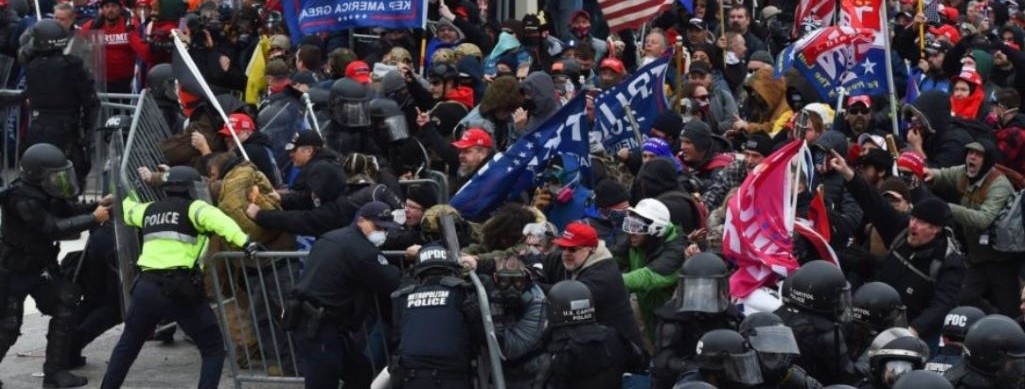Washington, DC., 15 September 2025——
In a time of political polarization, racial tension, and cultural division, there is an escalating climate of hate in America. The nation is experiencing a disturbing rise in political violence, hate crimes, and extremist acts, many of which are rooted in a culture of increasing intolerance and incendiary rhetoric that threatens not only the social fabric of the country but also the democratic values that have long defined it.
Political discourse has grown toxic. Increasingly, opponents are not just disagreed with, they are demonized. Political leaders and media figures describe the other side as “evil” and an “enemy of the country,” removing any sense of shared humanity. One side insists that our nation is at war. I’ve seen war, and this is not that.
Public conversations frequently devolve into shouting matches. Many Americans feel as though disagreeing with someone is reason enough to dehumanize them. This kind of rhetoric lowers the psychological barriers to violence and creates an “us versus them” mentality that justifies extreme action. Using language such as “We’re taking our country back” suggests that only one group is tolerated or acceptable.
Social media platforms, while powerful tools for free expression, often act as echo chambers that amplify hate speech and disinformation, further deepening divides. Moreover, the normalization of hateful rhetoric emboldens extremists. From mass shootings to organized hate rallies to the events of January 6th, the consequences can be deadly. The line between “free speech” and incitement becomes dangerously blurred when hate is allowed to fester without accountability.
Unchecked hate speech and intolerance have real-world consequences. They create environments of fear and exclusion. They discourage civic participation, especially among marginalized communities. And they make it nearly impossible to find common ground on the pressing issues facing the nation. If America is to remain a diverse and inclusive society, it is time it took concrete steps to lower the temperature on hate speech and recommit itself to the principles of tolerance, mutual respect, and civil discourse.
Tolerance Is a Necessity
Tolerance does not mean agreement. It doesn’t mean abandoning values or accepting injustice. It means recognizing that a democratic society only functions when people with vastly different beliefs can live alongside each other without resorting to violence or dehumanization. Tolerance means coexisting peacefully despite our differences. It means rejecting the idea that someone’s race, religion, sexuality, immigration status, or political beliefs make them less worthy of dignity or rights. In a nation as diverse as the United States, tolerance is not a luxury; it is a necessity.
Freedom of speech does not mean freedom from consequences. Nor does it mean tolerating speech that incites violence, promotes discrimination, or undermines democratic values. There is a difference between healthy dissent and destructive hate. A pluralistic society must encourage diverse viewpoints while drawing clear lines against speech that endangers the safety and dignity of others.
Turning down the heat on hate speech requires leadership, not only from politicians and public officials but from everyday citizens. Leaders must model respectful discourse and call out hate when they see it, even within their own ranks. Silence, in the face of bigotry, is complicity.
In the end, the true measure of a nation is not how loudly it shouts, but how well it listens, especially in moments of fear, anger, and division. Lowering the temperature on hate speech and intolerance is not about limiting speech. It’s about preserving lives, safeguarding democracy, and building a future where difference does not equate to danger. If we continue down this path of inflammatory rhetoric and tribal hostility, more violence will come.
Words Matter
Words matter, and they come with consequences. They can inspire revolutions, build bridges between cultures, bring comfort in times of pain, or fuel hatred and violence. History is replete with examples of words used to mobilize people toward justice and progress, from Martin Luther King, Jr’s “I Have a Dream” speech to the writings of Malala Yousafzai advocating for girls’ education. At the same time, words have been wielded as weapons, through propaganda, hate speech, and manipulation, to sow division, justify oppression, and incite conflict.
Words shape narratives. They determine how events are remembered, how people are portrayed, and how truths are constructed. The way we describe a protest, as a “riot” or a “demonstration”, colors public perception. Calling someone “illegal” versus “undocumented” carries vastly different implications. Language is not neutral; it reflects and reinforces power dynamics.
Politicians, influencers, educators, and leaders of all kinds bear a heightened responsibility. Their words can set the tone for public discourse, influence policy, and shape cultural norms. When they speak recklessly or spread misinformation, the consequences can be widespread and lasting, from public unrest to real-world harm.
The path forward will not be easy. It will require uncomfortable conversations, honest self-reflection, and a willingness to listen to those with whom we disagree. However, the alternative, a society marked by division, resentment, and violence, is unacceptable. We don’t have the preconditions for civil war, but we do have the preconditions for more violence. Surely, our 250 years will not leave us with an escalating climate of hate in America.
Photo credit: Jan 6, 2021, insurrection by Trump supporters at the US Capitol, Washington, DC. (LK)
Lara Kajs is the founder and executive director of The Genocide Report, an educational nonprofit based in Washington, DC., advancing atrocity prevention and international law. She is the author of several field-based books that draw on extensive experience in conflict and displacement settings, including Yemen, Syria, and Afghanistan. Her writing and speaking focus on atrocity crimes, forced displacement, state violence, and international humanitarian law.

